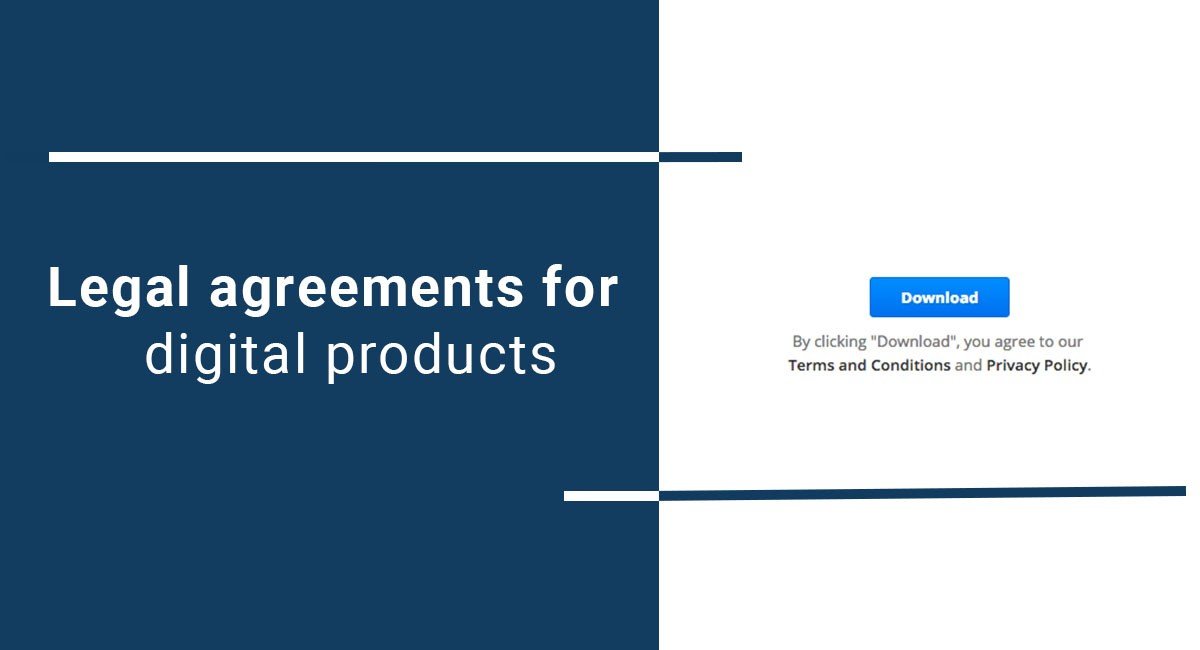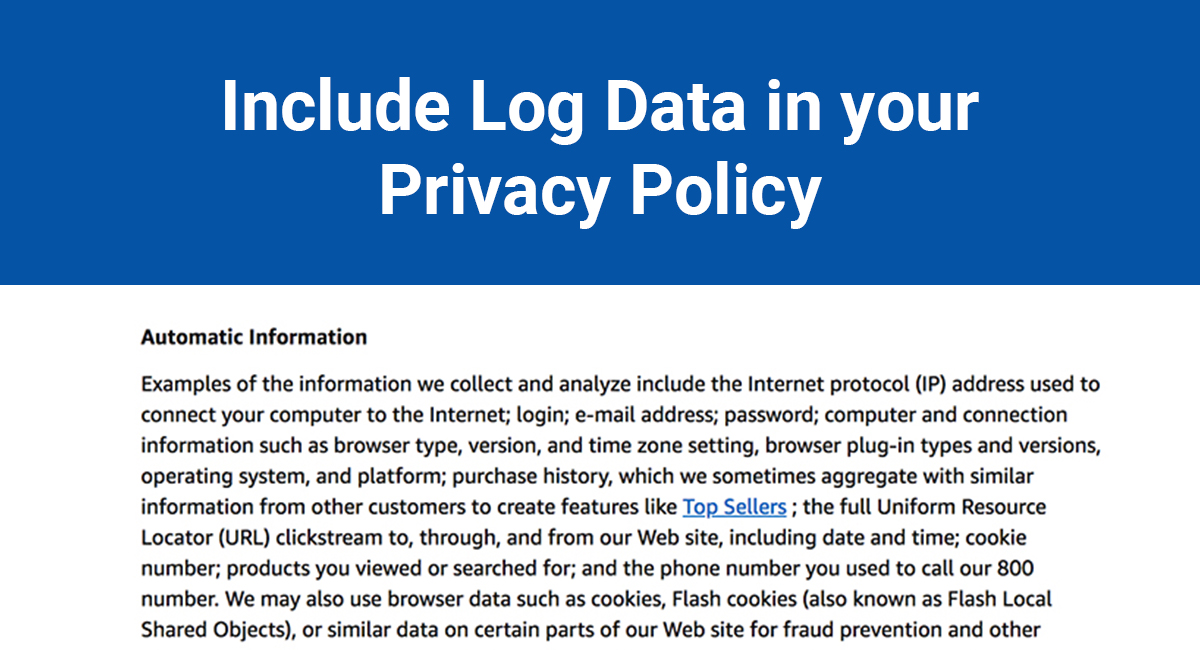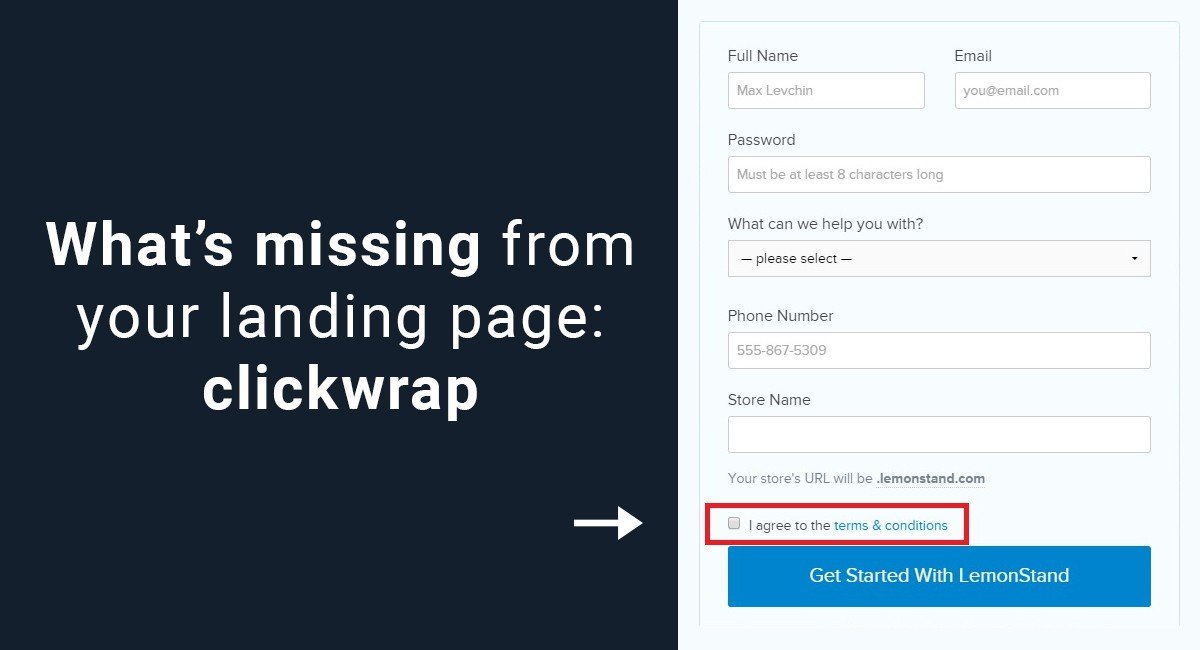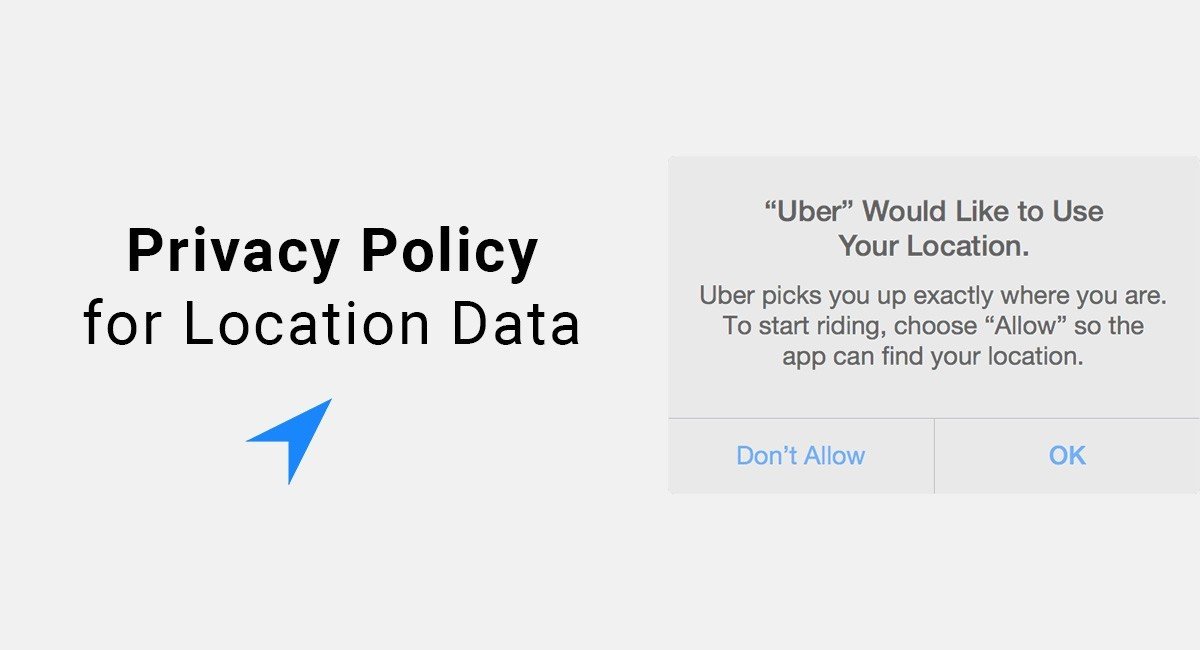Digital products have a number of special characteristics that need to be taken into consideration when you're selling them to your customers.
A digital product - such as a song download or an app download - cannot be returned.
And many digital products (or digital apps) allow interaction between users and collect user information when the user engages with the product.
This is what a SaaS app does: it collects data from users, but it requires a subscription from its customers, unlike a digital product/app that generally don't require ongoing subscriptions.
As a result, the nature of selling digital products creates unique legal considerations that need to be covered by your legal agreements.
Return/Refund Policy for digital products
A Returns and Refunds Policy is important for any situation in which you are selling goods and services, regardless of whether or not they are digital. This kind of policy can affect your customer retention.
However, digital products can't usually be returned, as they are downloadable, licensed, or accessed on a subscription basis.
This means that the primary way for your customers to deal with any problems is to ask for a refund, or for them to cancel their subscription altogether.
In some cases, digital products can be repaired, such as by releasing a software patch to fix any bugs. These things all need to be covered in your refunds policy, as well as specifically noting that your digital products are not returnable.
Here's an example from the Return Policy of McGraw Hill Education in relation to some of their digital products:

You can see that McGraw-Hill Education explicitly state that digital products are not eligible for returns, but can be refunded or exchanged within 10 days.
When you consider the refund period for your digital products (e.g. 10 days), think about what the product is and how much time a customer might need to be able to assess the product and its compatibility, functionality, and quality.
For example, a product that has a full demo advertised on your website would have a shorter refund period (because the customer has already been able to see a full demo) than a product that is more complex and requires compatibility with other programs or products.
If you're giving customers refunds, you may want to budget for this in your financial accounts, as well as considering any chargeback fees you may be subject from your bank or payment processor.
Privacy Policy for digital products
Digital products such as mobile apps, downloads, interactive websites, and platforms, or SaaS apps all have unique privacy considerations by virtue of being downloaded from or connected to the internet.
Privacy is becoming increasingly important to users, as high-profile privacy breaches are being more commonly publicized by the media.
Generating up a Privacy Policy is the first step towards ensuring that you comply with all privacy laws, but there are some special considerations that you need to take into account when dealing with a digital product.
One key clause is that your Privacy Policy should deal with is the privacy of your users and any cloud storage that you might use.
With a digital product that stores customer information, you need to inform your customer what information you collect about them, what you use it for, and whether you are sharing that information with any third parties.
This includes any cloud storage providers that you may be using, such as Amazon AWS.
Here's an example of this kind of clause from the Privacy Policy of Acxiom:
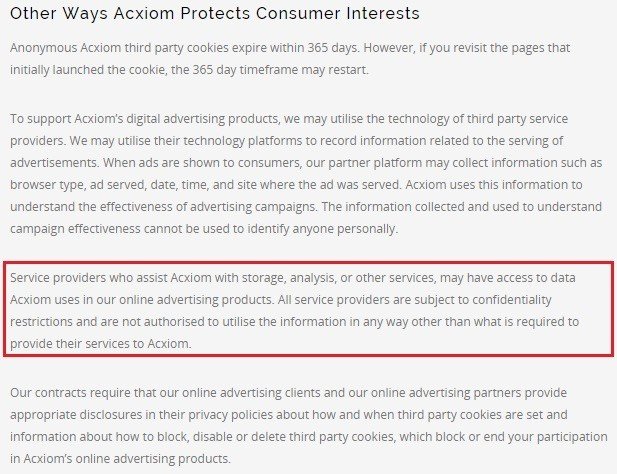
Next, you should ensure you have covered how you will keep private information safe, as well as any specific security measures that apply to a digital product.
One example is SSL protection for any of your web addresses that your customers use, and limiting the amount of data you need from your customers. If you don't need the information for the functioning of your product, don't collect it.
Most privacy information around the world requires that you keep customer information safe and secure, so outlining the specific ways you do this is an important step towards meeting that requirement.
Here's an example of what I mean from Privacy Policy of AShop shopping cart software:
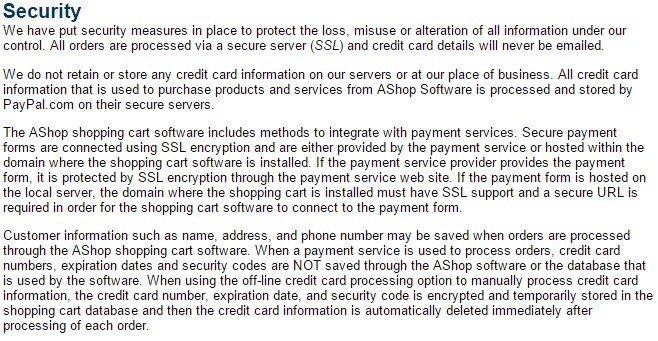
AShop has outlined their security measures that their software uses to keep customer information safe and secure, and your own Privacy Policy should do the same.
Terms of Use for digital products
A Terms of Use agreement for digital products will need to explain your licensing terms and any digital rights management (DRM) protection that you have for your product (if you plan to use DRM).
Your licensing terms should set out what the license grants access to, any costs, the length of the license, and any other license conditions your users must comply with.
DRM is when a digital product is physically secured by restricting its use outside the terms of the license. For example, you could limit the use of a digital product to a certain number of uses, within a defined time period, or to a specific type of device (e.g. iPhone only).
Here's an example of a DRM term from a digital product from the Terms and Conditions of LexisNexis Digital Library:

Finally, if your digital product allows the interaction between users, you need to ensure that your Terms of Use agreement has clauses targeted at managing user behavior. Part of this means being able to ban offending accounts, and you need to set out what kind of behavior can result in a ban.
Due to the unique nature of digital products, these type of clauses are important to include in your legal agreements.
Including good licensing terms and DRM clauses, setting up a thorough Refund Policy, as well as clearly establishing your Privacy Policy terms will help to ensure that your customers feel confident and clear on their entitlements when they buy, download and use your digital products.

Comprehensive compliance starts with a Privacy Policy.
Comply with the law with our agreements, policies, and consent banners. Everything is included.
